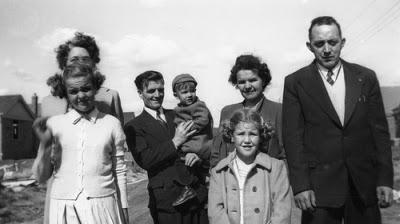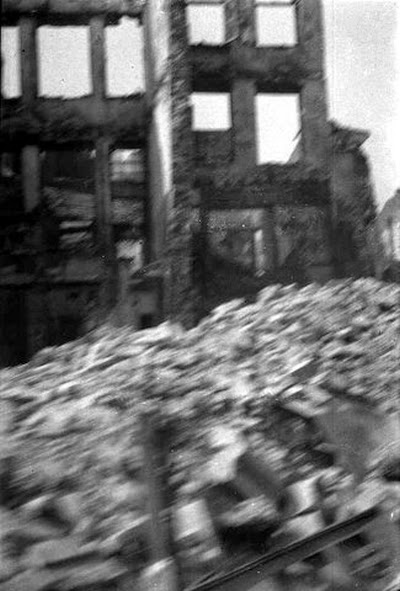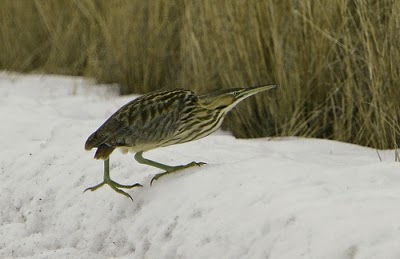Isaiah 17: A Ruinous Heap

Isaiah 17: A Ruinous Heap What's gone before... The previous chapter was divided in tone and intent. The first half was an emotional plea for shelter and protection for the Moabite refugees fleeing the ravages of foreign invaders. The second half was a dismissive condemnation of Moab's history of arrogance and superiority. Now, in Chapter 17... The world's search for happiness and strength within themselves will fail completely. War will decimate the nations. But the survivors will find hope in a renewed love and dependence upon God Almighty, their Creator. Isaiah warns of coming destruction for all nations involved in the civil war between Israel and Judah. Chief among the allies of Israel was Damascus, capital city of Syria. Isaiah 17:1-3 (ESV) An oracle concerning Damascus. Behold, Damascus will cease to be a city and will become a heap of ruins. The cities of Aroer are deserted; they will be for flocks, which will lie down, and none will make them afraid...





